Is it good for diabetics to eat basil seeds?
Basil seeds are small like sesame seeds, black in color, contain a lot of soluble fiber and are cooling (cold). The mucus layer surrounding the epidermal cells of basil seeds will swell and burst when exposed to water, releasing soluble fiber; causing the seeds to double or triple in size.
Basil seeds are widely used in traditional medicine in China and India. In recent years, basil seeds have been commonly used in many dishes in Vietnam.
According to research, 100g of basil seeds contain: High protein content: 11.4–22.5g; Fiber content ranges from 7.11 – 26.2g; Lipid in basil seeds has the main component of linoleic fatty acid (12–85.6g/100g) and linolenic fatty acid (0.3–75g/100g). Basil seeds contain large amounts of minerals such as calcium, potassium and magnesium... In addition, there are phenolic compounds and other micro-minerals such as: iron, zinc, sodium and manganese.
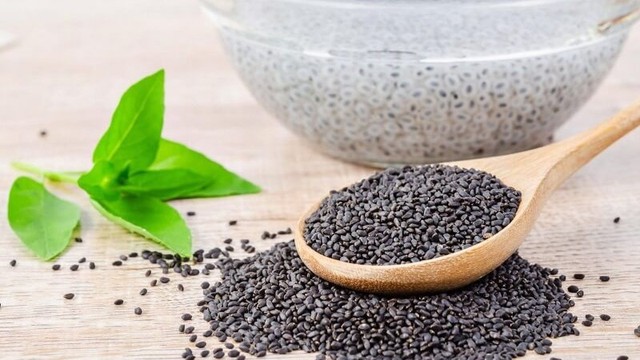
Illustration
A 2016 study found that aqueous extract of basil seeds was an effective treatment for diabetic mice, reducing both body weight and blood sugar levels.
In fact, there is no recommended amount of basil seeds that people with diabetes should consume. However, according to one study, when people with type 2 diabetes ate 10 grams (3/4 tablespoon) of basil seeds mixed with water after each meal for a month, their post-meal blood sugar levels were lower than at the beginning of the study.
Surprising uses of basil seeds for diabetics
Helps control blood sugar
Basil seeds play a big role in stabilizing blood sugar in both type 1 and type 2 diabetes. The reason is that basil seeds are rich in fiber, and eating basil seeds before meals can prevent any spikes in blood sugar levels. Thanks to its ability to slow down the metabolism of carbohydrates and absorption of carbohydrates in the intestines.
Helps lose weight
Fiber can also be beneficial for people who want to control their weight. The fiber in basil seeds can prolong the feeling of fullness after eating, thereby reducing cravings. One of the risks of type 2 diabetes is being overweight. Weight loss is also one of the lifestyle changes that can help treat type 2 diabetes.
Helps fight inflammation
Diabetes weakens the immune system, making the body susceptible to bacterial attacks and slow wound healing. Basil seeds contain phenolic and flavonoid compounds with antioxidant properties. Antioxidants are substances that can fight free radicals that damage cells. Thereby helping to improve resistance, fight infection, prevent degeneration, etc.
Helps prevent cardiovascular complications
Cardiovascular complications are the most dangerous complications for people with diabetes. Pectin in basil seeds can reduce blood cholesterol by inhibiting the absorption of cholesterol in the intestine. Thereby stabilizing blood lipids, reducing excess cholesterol in the blood, preventing cardiovascular disease as well as cardiovascular complications in diabetic patients.
Notes when using basil seeds to treat diabetes
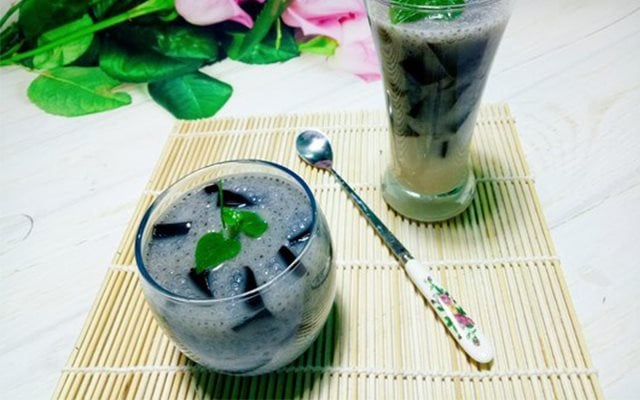
Illustration
- Basil seeds have many uses, but each day, patients should only use 5 to 10 grams of basil seeds with an appropriate amount of water. Because basil seeds have a very strong ability to absorb water, they can cause intestinal obstruction if you do not drink enough water.
- The fiber in basil seeds can affect the absorption of drugs into the body. Therefore, people with diabetes who are taking western medicine should use basil seeds about 1 hour apart from taking the medicine.
- Basil seeds are only used as a supplement and cannot replace a doctor's decision or conventional medical treatments. Therefore, diabetics should discuss with their doctor about using basil seeds to get the best advice.
Source: https://giadinh.suckhoedoisong.vn/loai-hat-giup-giam-can-va-kiem-soat-duong-huyet-cuc-tot-nguoi-benh-tieu-duong-nen-an-de-keo-dai-tuoi-tho-172241002151628913.htm









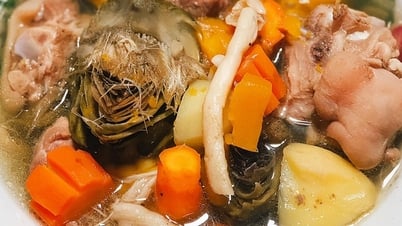



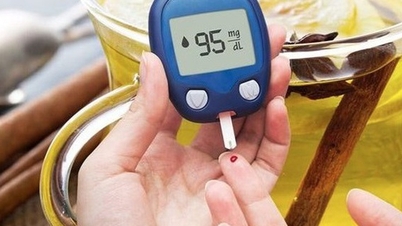






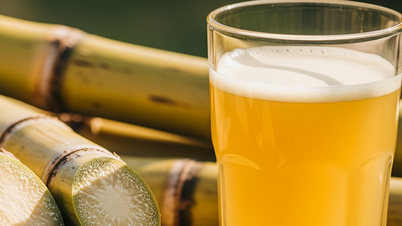

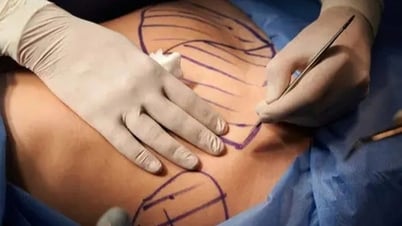





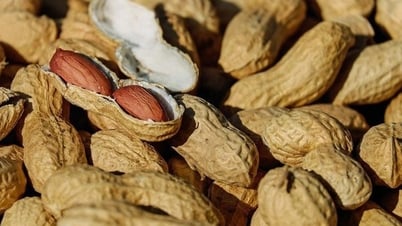
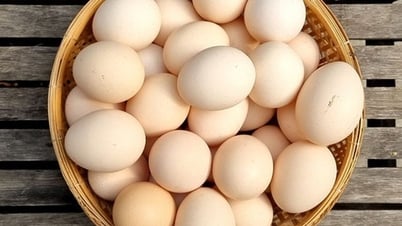
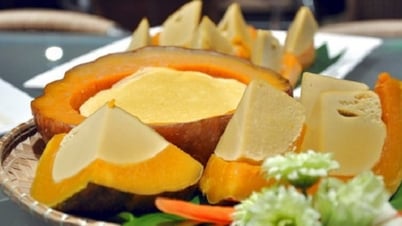




















































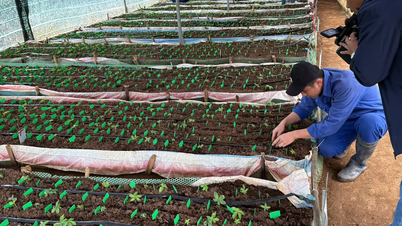











![[OCOP REVIEW] Tu Duyen Syrup - The essence of herbs from the mountains and forests of Nhu Thanh](https://vphoto.vietnam.vn/thumb/402x226/vietnam/resource/IMAGE/2025/6/5/58ca32fce4ec44039e444fbfae7e75ec)






Comment (0)